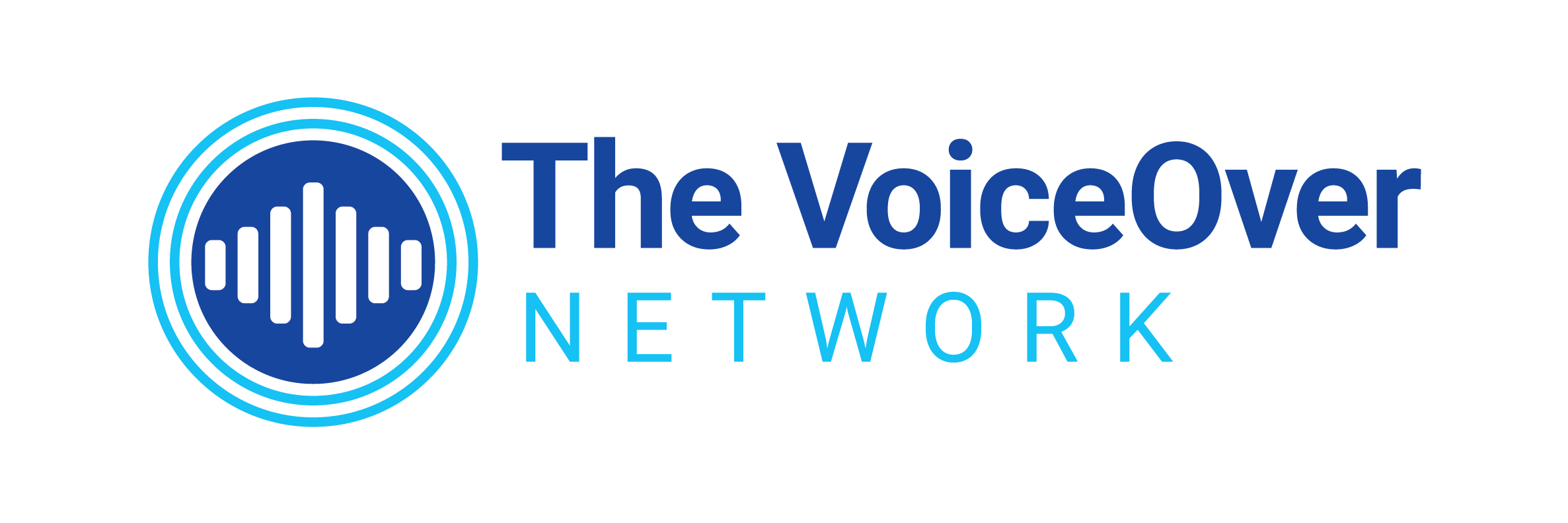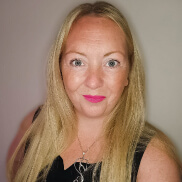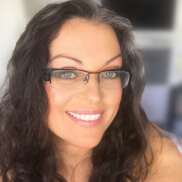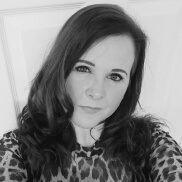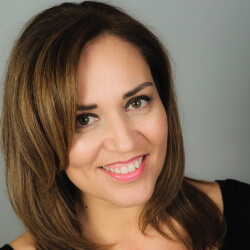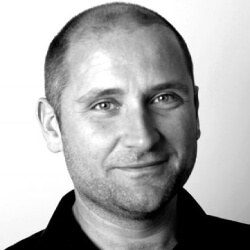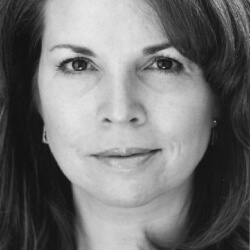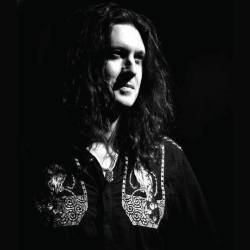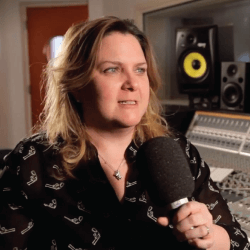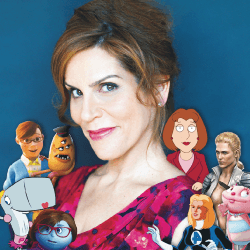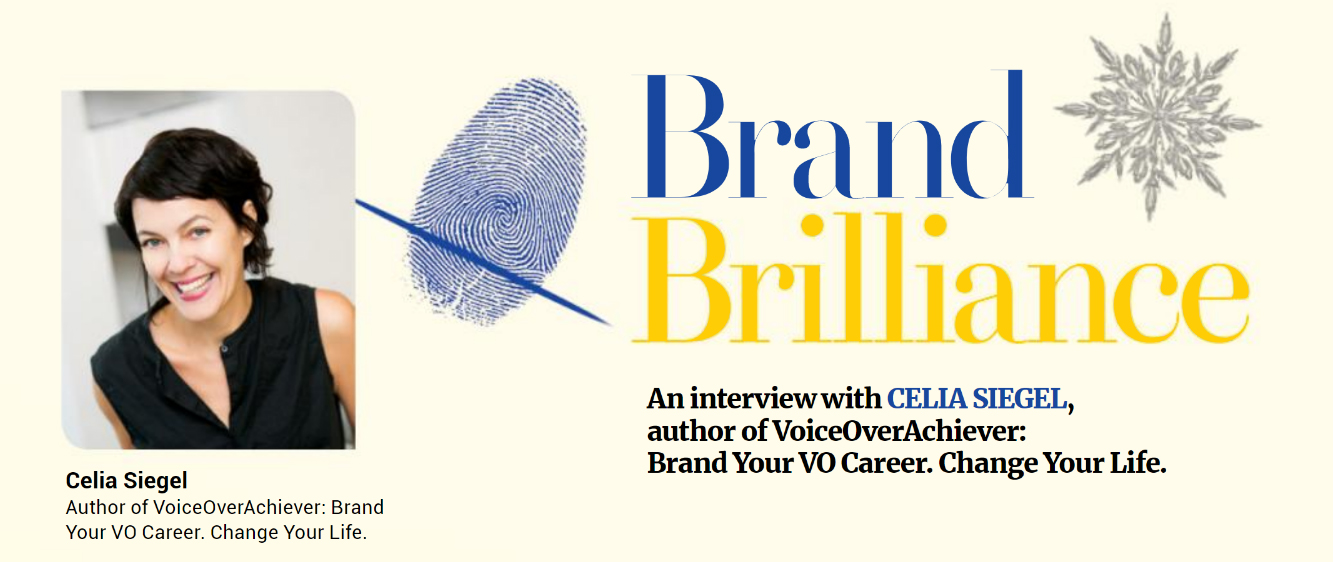
Celia Siegel is the author of the popular book VoiceOverAchiever, and founder of Celia Siegel Management, widely recognized for developing strong personal brands for voice talent. As an experienced brand building pioneer, certified life and business coach, success strategist and former talent agent turned manager, Celia has advanced the careers of top VO talent for more than two decades. Celia’s multi-leveled expertise and extensive knowledge of the ever-changing voiceover industry has helped voice actors, across the globe, successfully brand and grow their VO businesses.
We caught up with her to ask her a few of our most pressing questions.
What motivated you to write VoiceOverAchiever?
I have always known I was going to write a book. From a pretty young age, I have been interested in success factors, positive psychology, and the concept of branding. So this book has been wanting to be written for a long time. Because I love connecting with people and building and branding their careers as artists and business people, I decided it was time. I made a commitment to doing it and set aside a bit of time each day. Et Voila, VoiceOverAchiever was born! It felt like the right thing to do — the best way to share my expertise with the whole VO community. What is a common question that people ask you about voiceover branding? A few questions come up again and again. Number one: I don’t think I have a brand — how do I figure out what my brand is?
When I look at people I can see their brand immediately. It’s so obvious to me — like they are wearing a sticker on their forehead. But of course, it’s harder to see your own brand when you look in the mirror. Yes, you have a brand. It’s not something you create out of thin air. It’s about owning who you already are and what people already say about you. But oftentimes, people spend so much time trying to be what they think they should be, they lose sight of this. It takes some exploring to rediscover the essence of your brand.
Another one: What if my brand turns somebody away from me or makes them not use my voice?
This is the most powerful of all the questions. Going through the branding process, you learn exactly who you are trying to attract and how to connect with the right people. When you find those automatic yeses, you will also find some automatics no’s. Great brands repel as many as they attract. To flip that idea: If your brand is so safe that everybody sort of likes it, nobody will really like it and actually choose you. I call that being a beige wall.
Branding is not bragging — it is simply explaining who you are to your clients. You are the product and it’s important that you can tell them what they are getting.
Another concern people have is that branding is bragging.
Branding is not bragging — it is simply explaining who you are to your clients. You are the product and it’s important that you can tell them what they are getting. Sometimes I do grounded humble brands and sometimes I do really big bold show-offy brands. Muhammed Ali’s brand fit him like, well, a boxing glove. But that’s because he was being true to himself. When you go through my methodology, the brand you come up with will feel like your favorite pair of slippers and fit like a bespoke suit. It will be uniquely yours.
